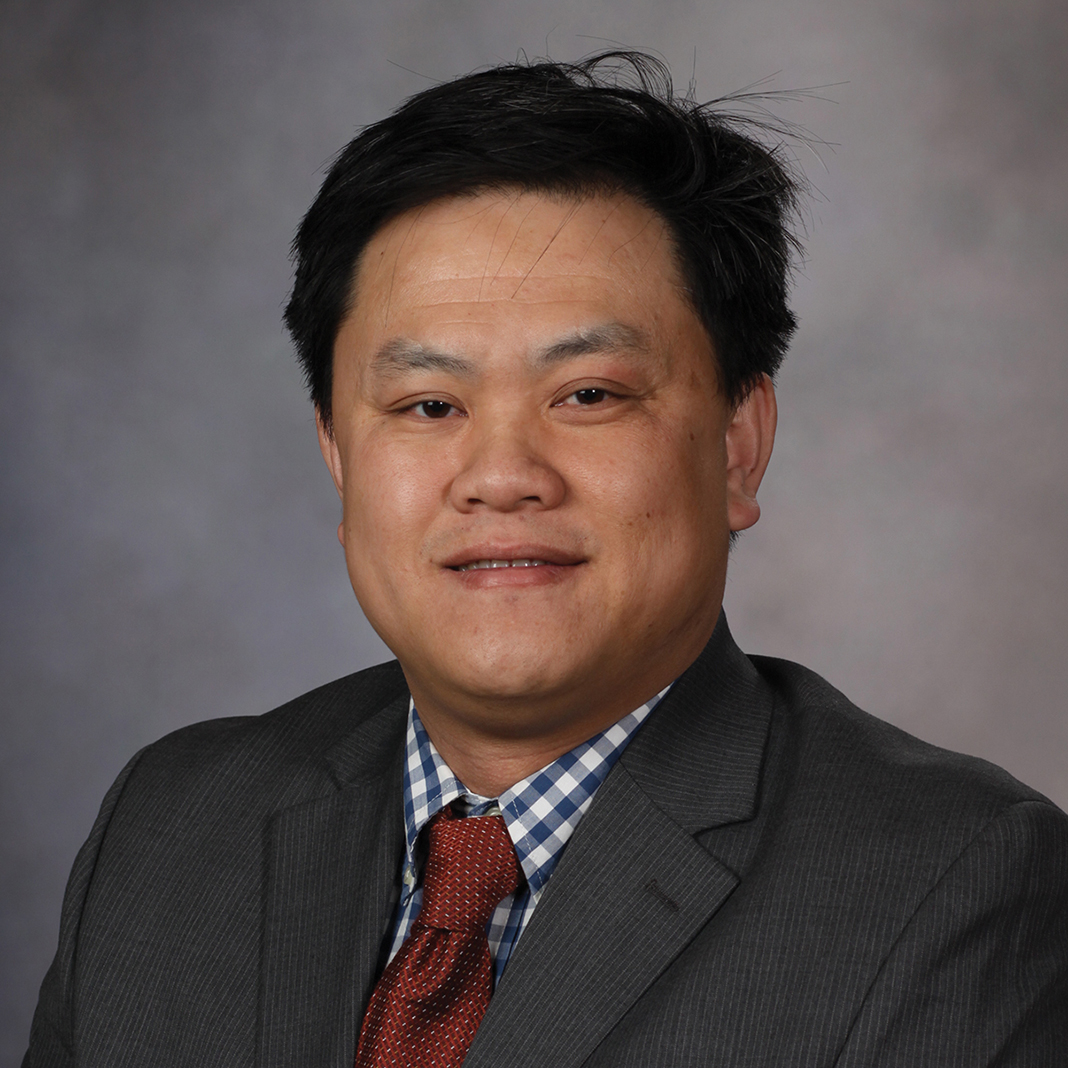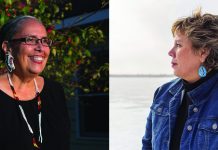
Provided
Lor Lee works to provide tools to Mayo Clinic staff to identify and confront discrimination outside the medical center’s walls. The son of Hmong immigrants, he arrived in the U.S. when he was about 7 months old. “My parents made the ultimate sacrifice to change the trajectory of the lives of their family forever,” he says. “In all that I do, I honor their sacrifice and the lessons they’ve taught me.”
With more than 18 years of experience working with both educational and health care institutions, Lee has helped organizations develop initiatives focused on increasing diversity and cultural competence, while maintaining a sense of common purpose and shared values. Lee graduated from St. John’s University with a Bachelor of Arts degree in political science, and received a Masters of Science degree in organization development from Capella University.
His work goals are to provide high-quality, culturally appropriate care, increase the diversity of Mayo Clinic patients, improve inclusiveness of diverse employees, increase women and minority representation, and identify and eliminate health disparities. Mayo Clinic has invested $100 million over the next 10 years into recruitment, retention, equitable telehealth services, and more, and its “EverybodyIN” campaign aims to equip staff with skills to address racism inside and outside Mayo, while hosting conversations focused on race, racism, and equity.
Who inspired you to be an agent of change?
My parents. They brought me over to the U.S. when I was about 7 months old. My dad knew very little English. Just enough from what he picked up working alongside aid workers in the Ban Vinai Refugee camp in Thailand right after the end of the Vietnam War. They left all they knew behind in hopes that they would be able to give me, and their future family, a better chance at life. They had the courage to face adversity and make a tough decision to take on the unknown. They made the ultimate sacrifice to change the trajectory of the lives of their family forever. In all that I do I honor their sacrifice and the lessons they’ve taught me.
I remember in high school when studying the Vietnam War there was no mention of my people’s involvement. I am Hmong, and the Hmong people played a huge part in assisting the Americans in that war. My ancestors essentially acted as the guerrilla war ground troops and helped save hundreds of American lives. Yet when we covered this point in history, my people were left out. Why was that? Did the teacher not know about my people’s role?
Years later as I got into the work of diversity and inclusion, I realized that power lies in the hands of those who wrote the textbook and the instructor’s curriculum. Those people had the power to essentially rewrite history in a way in which history was only seen from a singular perspective. Think about that type of power—the power to erase history and influence what future generations know about this particular point in history.
Both my parents and the omission of my people’s part in the Vietnam War played a significant part in why I got into the work that I do around equity, inclusion and diversity.
What are your central goals in your current role?
I lead the enterprise Office of Equity, Inclusion and Diversity across Mayo Clinic. Our work at Mayo is focused on six goals.
One, to provide high quality, culturally appropriate care in a welcoming environment to all patients. Two, to increase the diversity of Mayo Clinic patients. Three, to improve inclusiveness and participation of diverse employees at all levels of the organization. Four, to increase the proportion of women and minority students, faculty, administrators and staff where underrepresented. Five, to increase the proportion of women and minorities in senior leadership. And, finally, to identify and eliminate health disparities; become a national leader in the science and promotion of health equity.
What outcomes are you most proud of following the events of 2020?
At Mayo Clinic our leaders have recommitted additional dollars over the next 10 years to eliminate racism and advance equity and inclusion within Mayo and improve health equity in the communities we serve following the killing of George Floyd. We have launched an internal campaign titled “EverybodyIN” to give our staff the skills and competencies to address racism both inside and outside Mayo. As part of that we’ve held EverybodyIN Conversations every Friday since early April focused on topics of race, racism, diversity and equity. On these calls we’ve had about 540 people on average on every single call. We have also rolled out a 30 day challenge taking people through a deep dive into the topics of breaking bias, systemic racism, privilege, and using your power.
What’s next?
ClinWe are expanding our work across the organization to keep advancing the work of equity, inclusion and diversity both inside and outside of Mayo. We recognize that like many organizations we have an opportunity to be more intentional and deliberate in addressing systemic racism.
Read about all 22 Champions of Change featured in our Jan/Feb 2021 issue.







